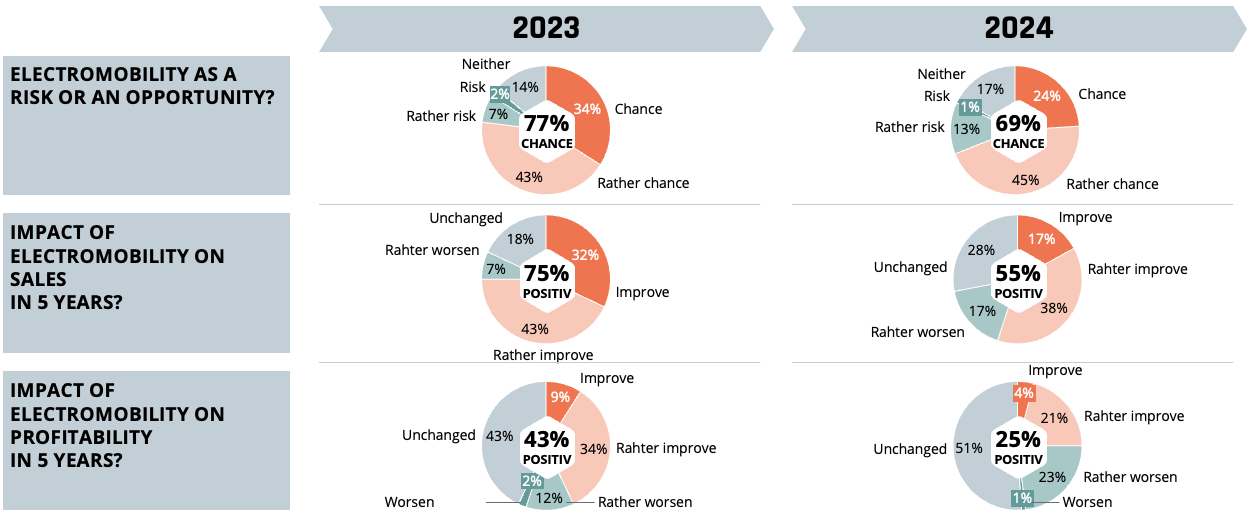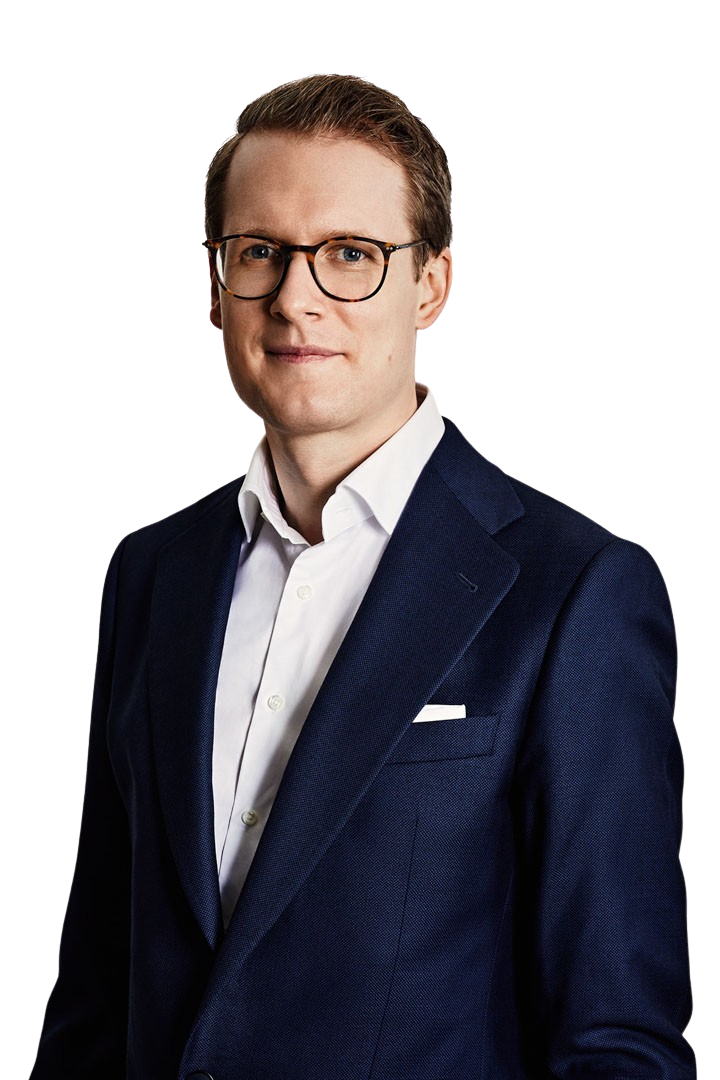Dr. Juergen Simon (1986) is Associate Partner at Berylls by AlixPartners (formerly Berylls Strategy Advisors), an international strategy consultancy specializing in the automotive industry. He is an expert in sales and corporate strategies as well as M&A and can look back on many years of consulting experience.
Dr. Juergen Simon has been advising automotive manufacturers and suppliers since 2011 and has in-depth expert knowledge in the areas of holistic strategy development, business models and commercial due diligence. He also focuses on market entry strategies and topics related to the “Software Defined Vehicle”.
Prior to joining Berylls Strategy Advisors, he worked as senior consultant at the Droege Group, a consulting and investment firm.
As a graduate economist from the University of Hohenheim, he completed his doctorate at the Institute of Management at the Karlsruhe Institute of Technology (KIT) before joining Berylls.

